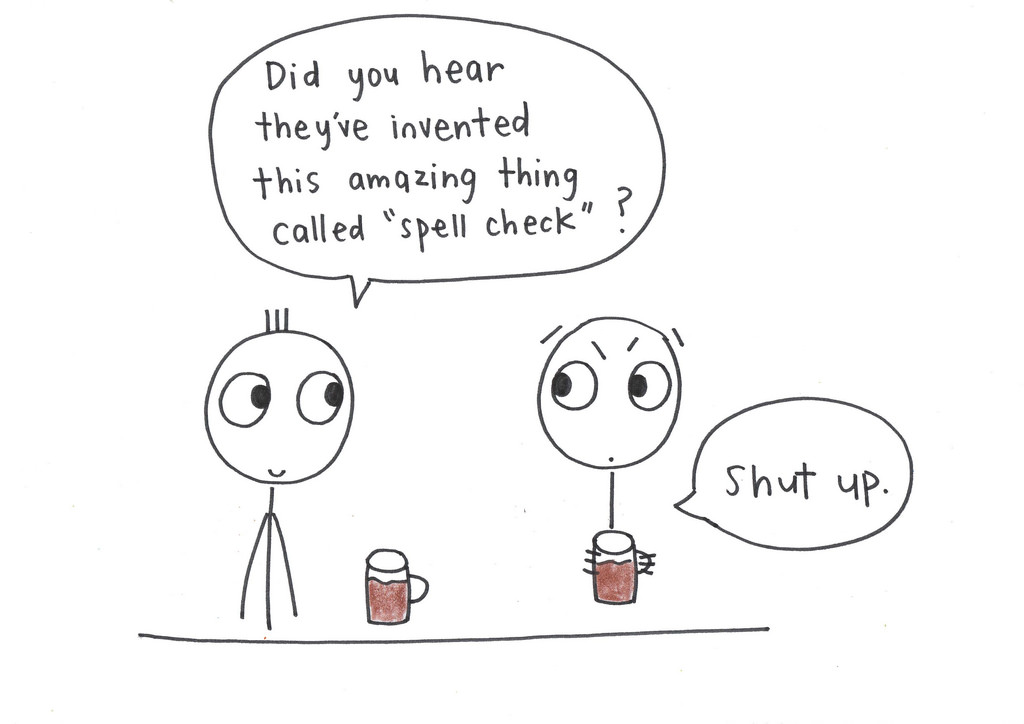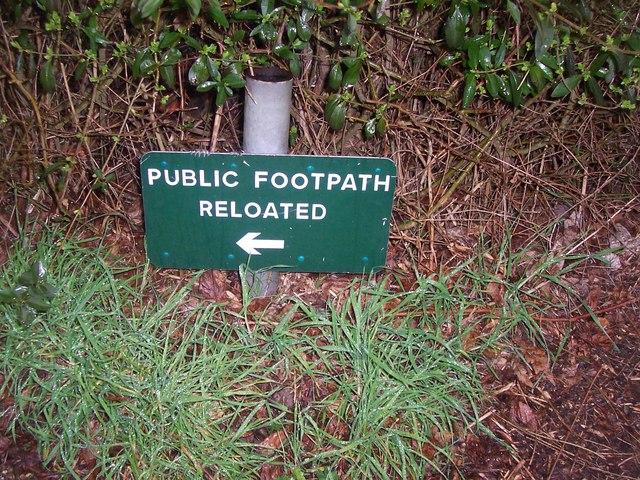A recent UK study suggested that a single spelling mistake on a web page can cut online sales in half. While that number was a bit surprising, I can’t say it was a complete shock.
Spelling mistakes can betray a lack of intelligence, attention to detail or both. When they occur on your website, often the only line of communication between you and your potential customer, they come across as amateurish and can greatly reduce your perceived trustworthiness – to the tune of 50 per cent, evidently.
With that in mind, here are a few words you’re very likely misspelling or otherwise misusing that your spell check won’t catch:
 It’s/its – This one is so basic – we all learned it in grade school, yet apparently most of us promptly forgot. “Its” is the possessive form of “it.” I know it’s going to be tempting, but remember: if it can’t be replaced with “it is” (or “it has”), don’t insert an apostrophe. Ever.
It’s/its – This one is so basic – we all learned it in grade school, yet apparently most of us promptly forgot. “Its” is the possessive form of “it.” I know it’s going to be tempting, but remember: if it can’t be replaced with “it is” (or “it has”), don’t insert an apostrophe. Ever.
Their/there/they’re – This is another one that will smash your credibility faster than admitting you thought the Da Vinci Code was great literature. “Their” is a plural possessive (e.g. “I hate their cat”). “They’re” is always a contraction of “they are.” “There” is everything else.
Historic/historical – If something was “historic,” it means it was a significant event. “Historical” simply denotes something that pertains to history. A re-enactment of the Battle of 1812 might be historical, but unless it compels Sir Isaac Brock to leap from his grave and waltz with Laura Secord, it probably won’t be historic.
Further, farther – “Farther” (and farthest) are restricted to measurable distances. “Further,” once restricted to abstract concepts (e.g. “Let’s study this further”), can now be used in both senses. If in doubt, use “further.”
Principal/principle – The principal (most important) thing you need to remember is that you should stick to your guiding principles (fundamental truths, or the foundations of your beliefs). Also, when investing, try to spend the interest but not touch the principal (the original amount invested or borrowed).
 Then/than – Although these two tricky words originate from the same Old English word, they each have distinct uses today. Here’s the Reader’s Digest version of when to use which: Use “then” if you’re indicating time, especially in if/then constructions or when describing a sequence of events (e.g. “I toasted the new year and then I passed out”). Otherwise, use “than,” especially in comparisons (e.g. “Ryan writes better than a third grader”). Fair warning: there are a few sticky phrases using “then” and “than” that could still catch you up (e.g. “But then again . . .”). I guess that’s it then.
Then/than – Although these two tricky words originate from the same Old English word, they each have distinct uses today. Here’s the Reader’s Digest version of when to use which: Use “then” if you’re indicating time, especially in if/then constructions or when describing a sequence of events (e.g. “I toasted the new year and then I passed out”). Otherwise, use “than,” especially in comparisons (e.g. “Ryan writes better than a third grader”). Fair warning: there are a few sticky phrases using “then” and “than” that could still catch you up (e.g. “But then again . . .”). I guess that’s it then.
Complimentary, complementary – I see this one all the time in marketing. If you’re giving something away for free, it’s “complimentary.” If two or more things go well together, they’re “complementary.” If you comment below to tell me how great this article is, you’ll be “complimentary.” Thanks in advance for the compliment. It’s the perfect complement to that high-five I got from my wife.
Palate, palette – Your “palate” is the roof of your mouth (or your ability to appreciate fine Comox Valley wines). A palette is a range of colours or, more traditionally, that thin wooden slab painters mix their colours on. Do painters still use those things?
Want to receive more articles like this right in your inbox? Subscribe to my free, bi-monthly newsletter.



